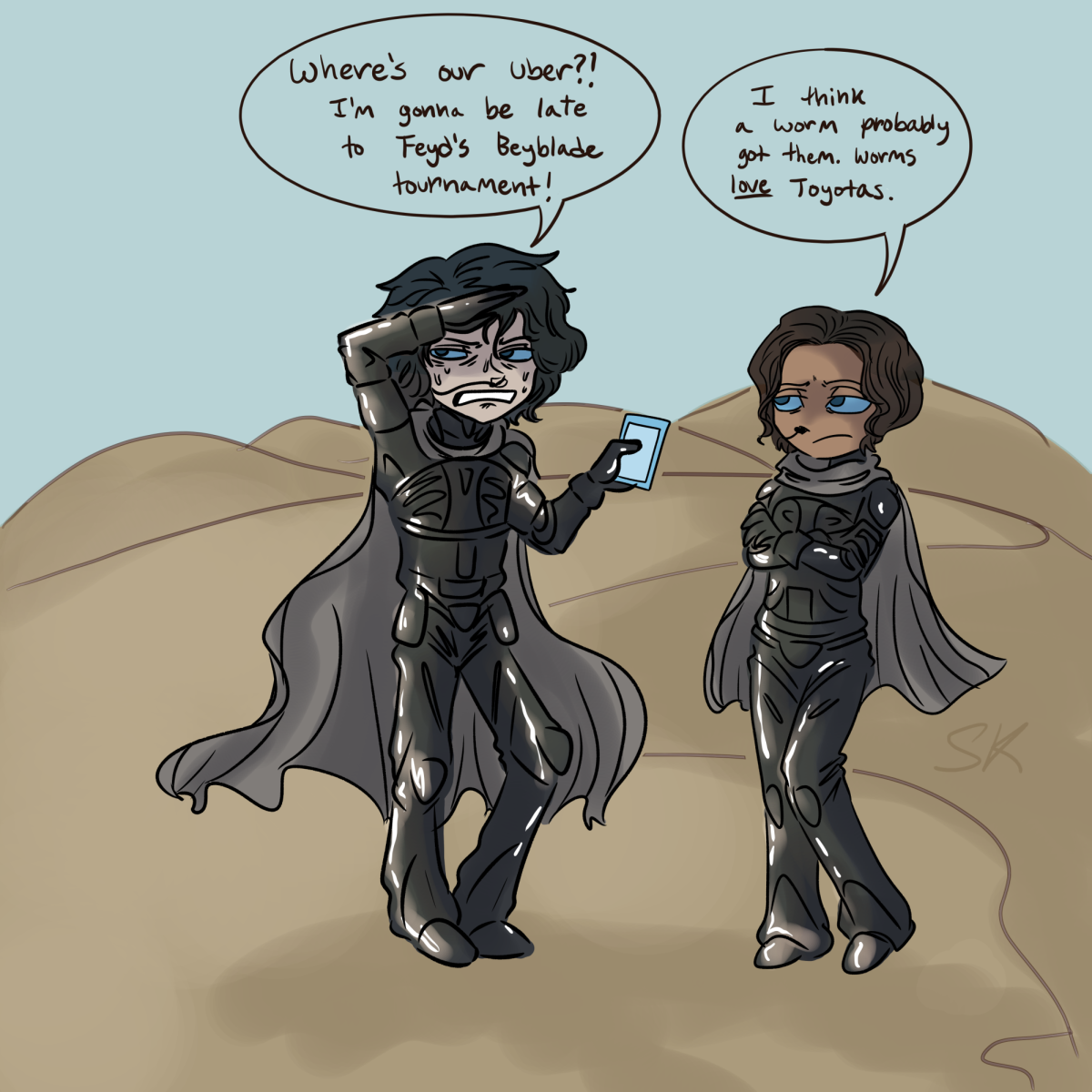Over that past few months, the world has watched the Middle East undergo major social and political changes that have caused a major shift in the geopolitical landscape of that part of the world.
Major grassroots movements demanding reform and democratic forms of government have ousted dictators and corrupt regimes.
These movements have taken on many different forms, goals and have had varying levels of success; but almost all have encountered violence in their transition. While the process of change was relatively peaceful in Tunisia, major civil unrest plagued Egypt as the people sought democratic reforms. But in Egypt, the military stayed on the sidelines and prevented a civil war with minimal outside influence. Libya fell into a total civil war between the regime of Muammar Gaddafi and the National Transitional Council (NTC), with major outside influence and support from NATO and the European states in the form of airstrikes and small arms delivered to the NTC.
This turbulent time was dubbed the Arab Spring and has shifted the balance of power in the oil rich region of the world. The Arab Spring has changed into the Arab Summer in the nation of Syria; opposition leaders seek to end the oppressive and corrupt regime of President Bashar al-Assad.
What began as peaceful protests have deteriorated into a full blown civil war, with whole army regiments defecting and joining the Free Syrian Army, and taking control of major towns, cities and sections of the capital of Damascus. Government forces have responded to protests with major force, using snipers and tanks to force people off the streets. They have laid siege to the city of Homs, firing indiscriminate artillery barrages into the city and have killed hundreds of civilians.
As Syria burns, the world has been unable to take any action other than the United Nations condemning the violence. A motion in the Security Council to take more active action was blocked by Syria’s long time ally Russia, with China also voicing its opposition to any action against the Syrian government. Very little pressure can be placed against Russia and China in the U.N. by President Obama, as he is far more concerned with maintaining a solid and united coalition, of which China and Russia are needed, against Iran and the forthcoming sanctions in response to Tehran’s nuclear programs.
While the world debates what to do about the situation in Syria, the discussion is rather limited in options. The intervention in Libya, while successful, showed how weak the European militaries have become and how reliant on American support they are. The European air forces greatly depleted their guided bomb stores and fuel in this low intensity conflict and are still restocking their various arsenals.
As a result, any real military support from Europe is not available, which means the world instead looks to the United States. While it is highly unlikely the U.S. will risk major military intervention in Syria with an already overstretched military and a population weary of nation building, the United States must be prepared to intervene.
The reason for this is Syria has vast stockpiles of chemical and biological weapons that, if the regime falls, could suddenly be unguarded and open to looting. These same weapons could very easily fall into the hands of terrorist groups, most likely Hezbollah who maintains a major presence in Syria and neighboring Lebanon.
It has been published that the U.S. military was asked to provide plans for intervention if the situation requires it. If an intervention happens, it will most likely be a result of a rapid collapse of the Syrian government. If this occurs, U.S. forces, most likely a 5,000 Marine Expeditionary Unit, which the U.S. maintains at all times in the Mediterranean, would be mobilized to seize and secure the various weapon sites.
This force would not be there to build a nation or intervene on either side of the revolt.
Until a solid and coherent plan can be formed in the world community, Syria must be left to its own defenses.























